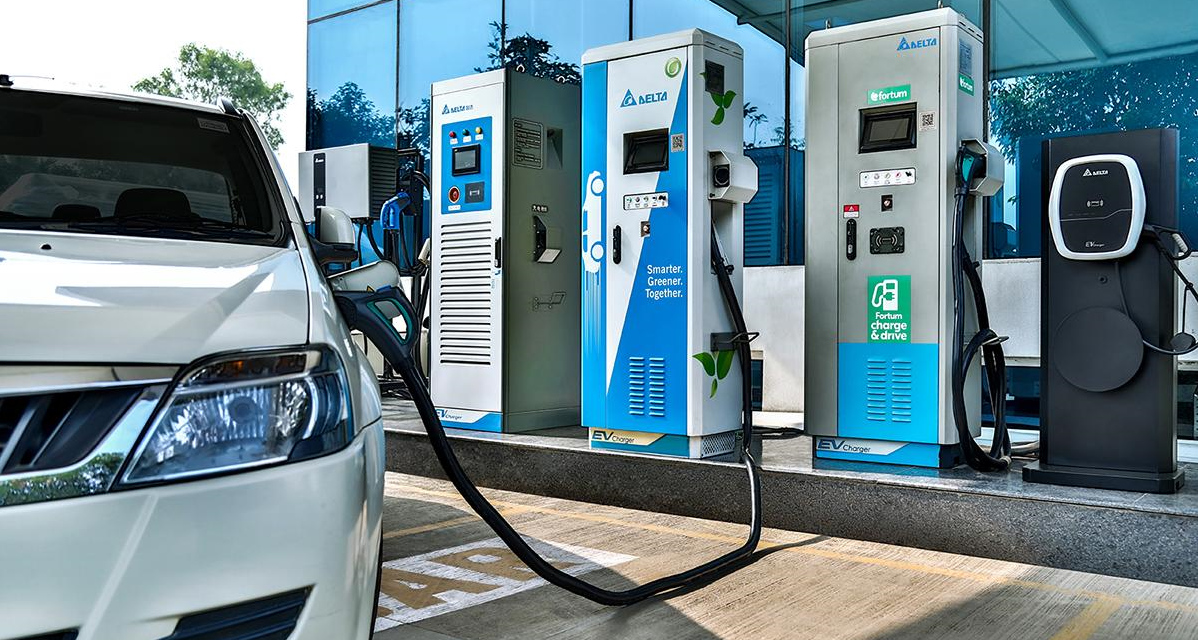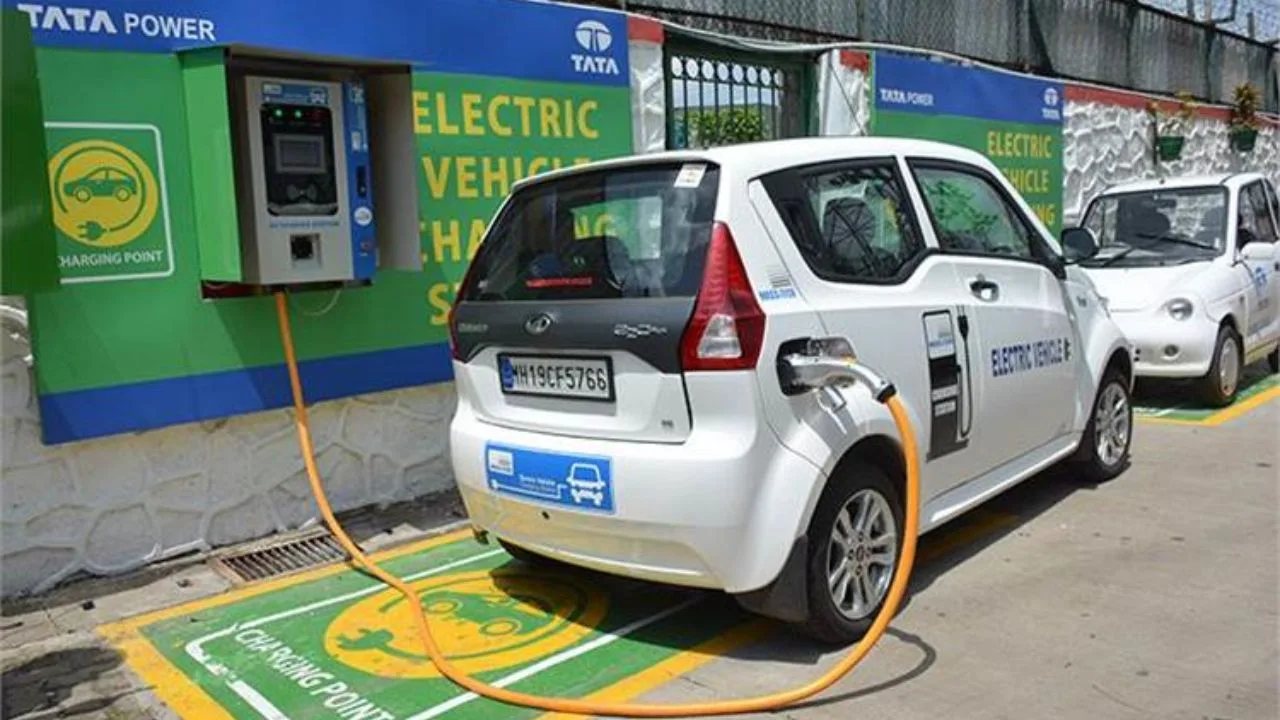While the move to electric vehicles is picking up, especially because of environmental concerns coupled with government incentives, actual adoption is largely dependent on the country’s charging infrastructure availability and efficiency.
The article enumerates the status of the EV charging infrastructures in India regarding specifications, features, pricing, and other critical details that are believed to shape the future of electric mobility.
Overview of Charging Infrastructure in India

Public Charging Stations: In keeping with the traffic on the road, the number of public charging stations has been ramped up in most rapid succession in India. By 2024, more than 10,000 public charging points are set up across various cities, most of which further expansions have been built.
Home Charging Solutions: A majority of the EV owners in India would prefer home charging solutions owing to their convenience and reasonable price. Most of the home chargers use a 15A socket and take around a number of hours for complete vehicle charging. Workplace Charging: Firms also install charging points at workplaces that facilitate and encourage employees towards switching to EVs. These usually offer a mix of fast and slow chargers, depending on needs.
Types of Chargers and their Specification
AC Chargers: AC is widely used as a charger in home and workplace charging. They are slower but more cost-effective. AC usually takes around 6 to 8 hours for a full charge.
DC Fast Chargers: DC fast is installed usually at public charging stations. They can give 80% charge in just 30-60 minutes, hence these chargers are ideal to have for topping up when one is on long-distance journeys.
Ultra-fast chargers: Ultra-fast chargers, on the other hand, go all the way up to 350 kW and could charge capable vehicles in well under 20 minutes. They are among the latest entrants into the EV charging area in India. Main Features of EV Charging Infrastructure in India
Key Features of India’s EV Charging Infrastructure
Smart Charging Solutions: Most of the new charging stations that are coming up in India boast of intelligent capabilities such as remote monitoring, automatic billing, and integration with mobile applications. These enable the user to locate a charging station, book a slot, and view the charging status in real time.
Interoperability: Interoperability between various charging networks is required for user convenience. India is working towards the standardized charging protocol mechanism under whose ambit the EV owners are able to use any charging station available, irrespective of the service provider.
Integration of Renewable Energy: In an attempt to make EVs truly ‘green’, many charging stations are in the process of integration with renewable energy sources such as solar and wind. This reduces carbon emission from an EV and encourages the use of sustainable energy. Pricing and Costs Associated with EV Charging
Installing Public Charging Stations: The cost is different for different types in India. It ranges from INR 50,000 to 1 lakh for AC chargers, while going up to INR 15-20 lakhs in the case of DC fast chargers.
Pricing and Costs Associated with EV Charging
Charging Tariffs: In India, charging tariffs differ at locations, apart from the type of charger used. On average, the cost of charging an EV at a public station would range between INR 6 and 15 per kWh. Home charging could be more economical, depending on the local electricity tariff.
Government Incentives: Central and state governments provide capital subsidies and incentivize with concessional electricity tariffs for charging the EVs.
Challenges before EV Charging Infrastructure in India.
